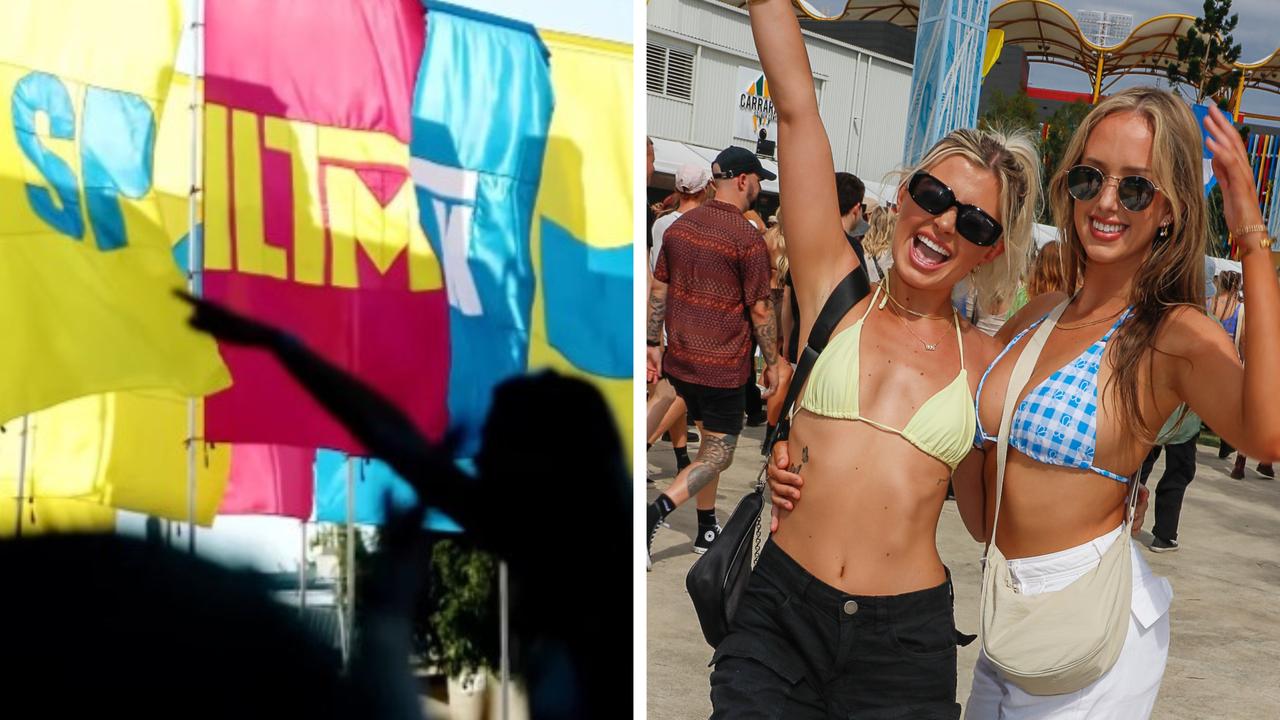‘Ask the people that know’: calls to address ‘disappointing’ lack of accessibility at Australian music festivals
Industry experts have called for an end to a ‘disappointing’ trend among live music events in Australia affecting more than one in five Aussies.
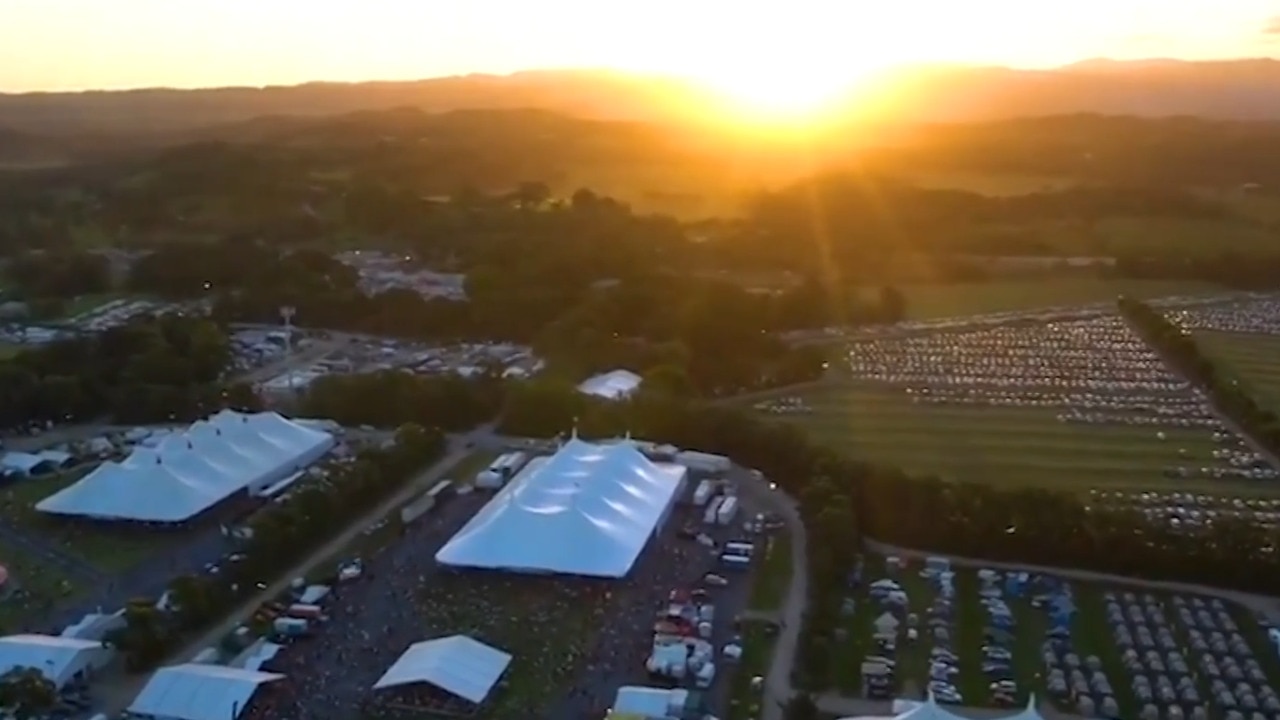
Music Festivals
Don't miss out on the headlines from Music Festivals. Followed categories will be added to My News.
Advocates have called for an end to the “disappointing” lack of accessibility at live music events, with a quadriplegic musician branding the ability to access live music events a “basic human right”.
Musician and peer support worker for Spinal Life Australia Tim McCallum was just 18 when he was left with no movement from his chest down after a diving accident.
“I was a very active, independent, energetic, enthusiastic, motivated young guy, and then all of a sudden … I hit my head on a sandbar when diving into the ocean,” Mr McCallum said.
“That paralysis — you have no use of three quarters of your body anymore — was obviously a huge shock to me.”
Mr McCallum said after a period of “grief” he – along with the support of family and friends – set out to pursue his dream of being a successful performer, which he has stayed true to for 25 years on.
“I’m still singing and entertaining and acting … I feel very blessed that I’m still given these opportunities to sing and entertain people,” he said.
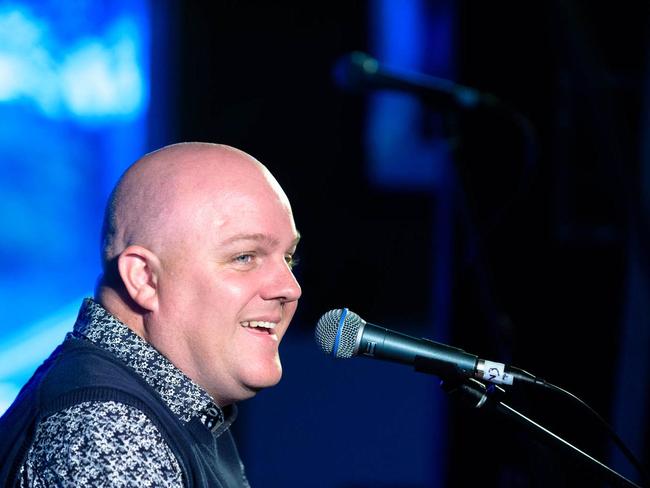
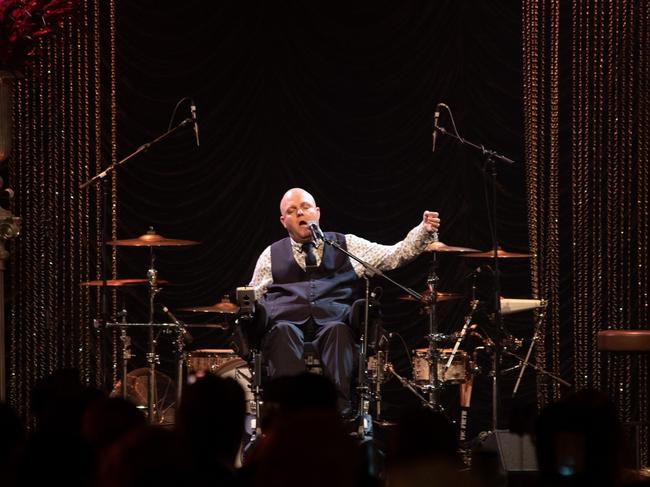
Live entertainment is even more precious following the pandemic, Mr McCallum said, from both a performer and audience member point of view.
“There’s nothing like going to see a band and standing beside a stranger and dancing away going ‘This is cool!’” he said.
However, attending often isn’t easy for the more than one in five Australians with accessibility requirements.
Mr McCallum said he continues to face a lot of accessibility and inclusion challenges, calling it “disappointing” given the “thriving, vibrant community of people with disabilities” in Australia that “want to experience everything everybody else does”.
“But rocking up to a venue to go and see your favourite band, only to find out that there’s five steps at the front, or they have an accessible toilet that they use as a storeroom with all their mops and extra kitchen equipment and stuff like that — it still disappoints me to this day,” he said.
Mr McCallum called on festival organisers to think about accessibility from the very start of the festival planning process, rather than as an afterthought.
“It’s not as much hard work as you think it is, especially if you plan early — it’s not an afterthought,” he said.
He said making accessibility the norm is important, and urged organisers to align themselves with organisations such as Spinal Life Australia, who work directly with people with accessibility needs.
“We just want to be treated like everybody else,” he said.
“We’re the ones who know best, right? We’re the ones who live with the disabilities, we’re the ones who attend these events.
“It’s people like myself and my work colleagues that love to chat to event organisers about how to make it more accessible and how to make it feel more inclusive and comfortable.”
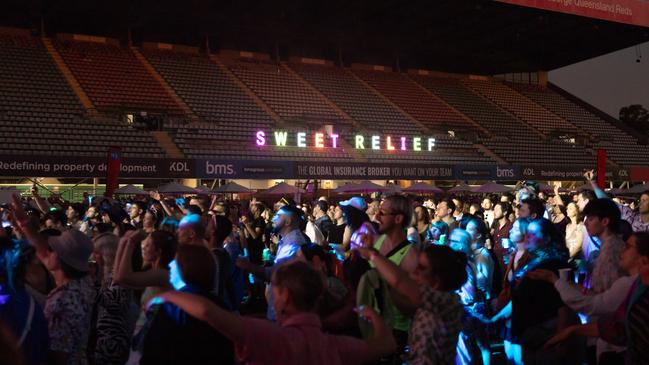
Sweet Relief festival in Brisbane, which brought acts Kelis — widely known for their hit Milkshake — The Presets, Electric Fields and Haiku Hands, implemented a range of accessibility measures at the early September event.
A silent disco, AUSLAN interpreters, accessible viewing platforms positioned front and centre were all implemented at the festival, as well as an accessible concierge service to assist festival goers with accessibility issues.
This year marked the second year Queensland Music Festival (QMF) partnered with Spinal Life Australia to include the measures, with QMF chief executive officer Daryl Raven saying the measures have a “heck of a lot of meaning”.
“A really big portion of the population are living with disability and accessibility needs, and we want them to come and be part of the event,” Mr Raven said.
Mr Raven urged other event organisers to get on board, “even if you start small” with one or two elements, including bringing in AUSLAN on stage.
“I would suggest that other people who are running large events should really get amongst this, because there’s an opportunity to get on the front foot, to be proactive, to talk with companies like Spinal Life Australia, and get that understanding of what do our audiences want,” he said.
“Ask the people that know, ask the people who are in that position and have those needs.”
He also said while there were some “cost implications” with the changes, it isn’t “prohibitive”.
“Yes, it had a cost tick to it and it delivered some accessibility outcomes, but it also elevated our events,” he said.
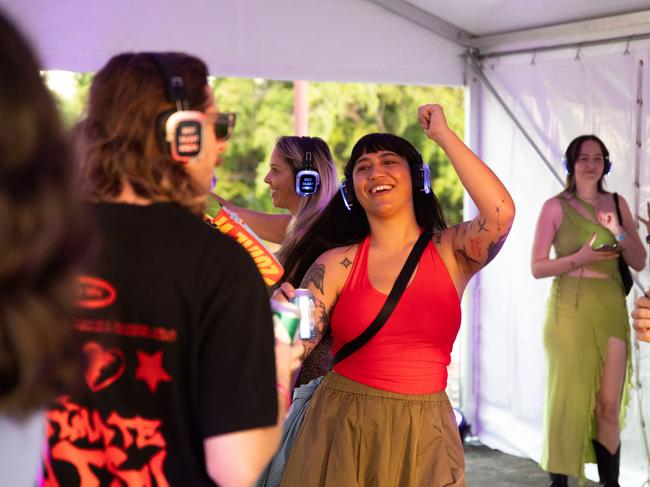
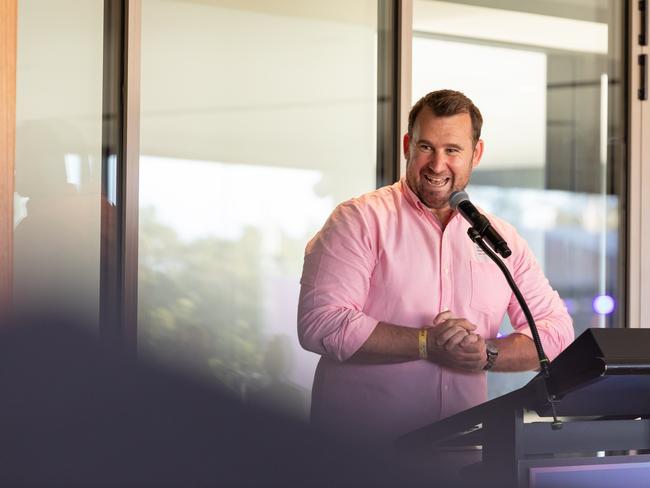
Mr Raven said elements such as accessible viewing platforms have “very little additional cost”, with the price being “quite minor in terms of the scale of putting on an event anyway”.
A Department of Social Services spokesperson said the Australian government welcomed calls for other festival organisers to follow in Sweet Relief’s footsteps and offer inclusive arrangements.
“The Government is committed to driving outcomes that deliver an inclusive and accessible Australia that enables people with disability to actively engage in their communities,” the spokesperson said.
“Australia’s Disability strategy recognises that people with disability should be supported to live more accessible and connected lives within their communities, including being able to fully participate in social, recreational, and cultural events.”
The spokesperson also noted the government put forth $1.2m for “proposed accessibility activities at live music venues and music festivals delivered through the Office of the Arts and Creative Australia” from 2024-25 following the 2023 Revive: a place for every story, a story for every place report, which outlined recommendations for inclusivity for people with disabilities.
Originally published as ‘Ask the people that know’: calls to address ‘disappointing’ lack of accessibility at Australian music festivals



